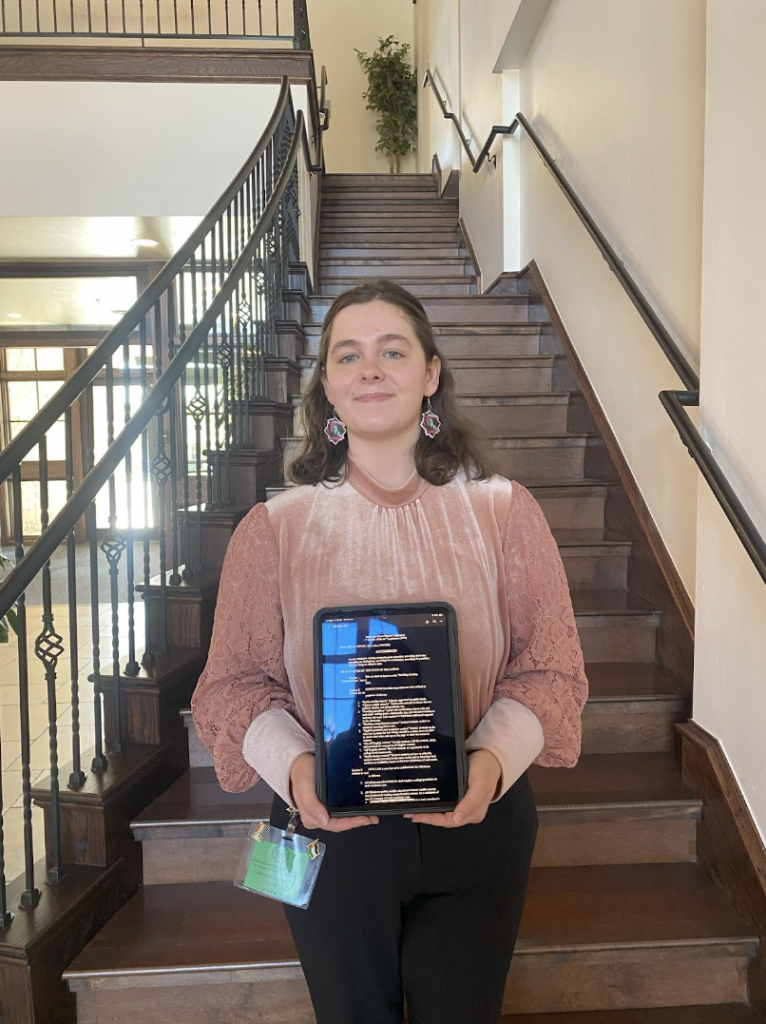By: Journalist Lilian Fuchs (ECU)

Representative Ash Crites (NWOSU) brought a bill that she feels is important for Oklahoma schools.
“Building Reading Comprehension” brings a better understanding of overall reading and grammar to all students who wish to participate.
Rep. Crites (NWOSU) said the bill could help better prepare Oklahomans for the workforce.
“I feel that the workforce is prioritized in our school systems, and if we prioritize reading, we will produce better workers and it will be beneficial to families,” Crites said.
The bill requires all Oklahoma public middle schools and charter middle schools to implement reading comprehension courses for at least one semester of every school year. The student’s legal guardians who wish to enroll their students in regularly offered English courses are required to have a letter of recommendation from the student’s fourth grade teacher. If the student is a transfer, they must be evaluated by the school’s principal within three weeks of enrollment. A new letter of recommendation from the student’s current teacher shall be required every school year.
It will be required that all Oklahoma school districts will employ a reading specialist for each academic year.
Oklahoma middle schools will not be penalized if the student opts out, if the correct information is submitted properly.
All Oklahoma public high schools and charter schools must implement English grammar and mechanics courses as an alternative to the Pre-AP English and AP English courses already offered. The same requirements will be required for high schools as was required from the middle school.
For each year that an Oklahoma school district does not employ reading specialists, the school district will be fined, not exceeding $500. This money will go to the Oklahoma Department of Education. If the school district is found in violation of this bill, it will be demoted from its accreditation status outlined by the State Department of Education Title 210:25-3-201.
This bill will go into effect at the beginning of the 2025-2026 school year.
One of the most common questions delegates had while discussing this bill was where the funding would come from.
With a final vote of 27 votes in favor of the bill and 35 against, the bill failed in the House.
Crites said she plans on finding funding for this bill and bringing it back next session to get it passed.
